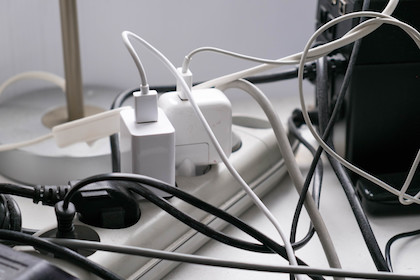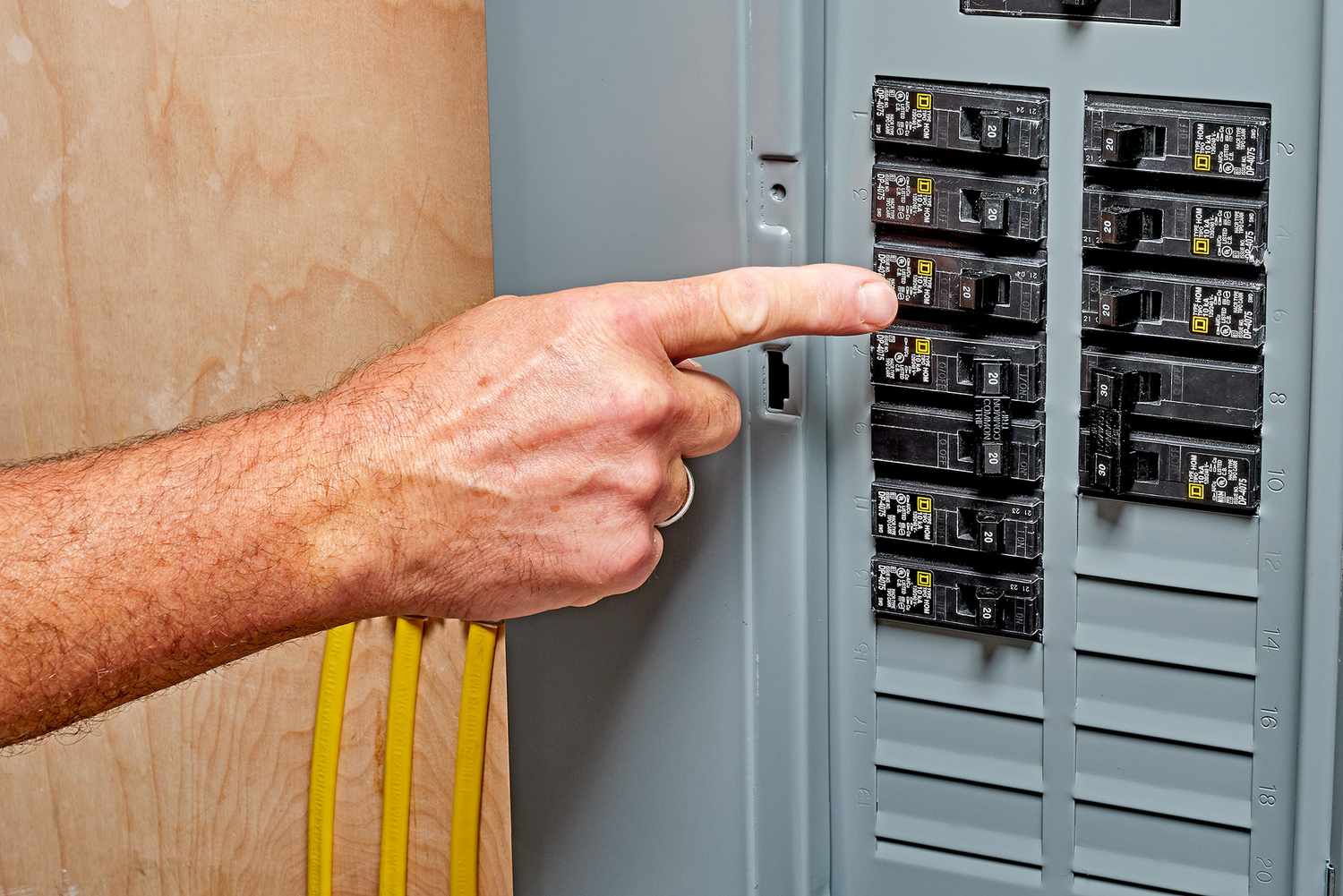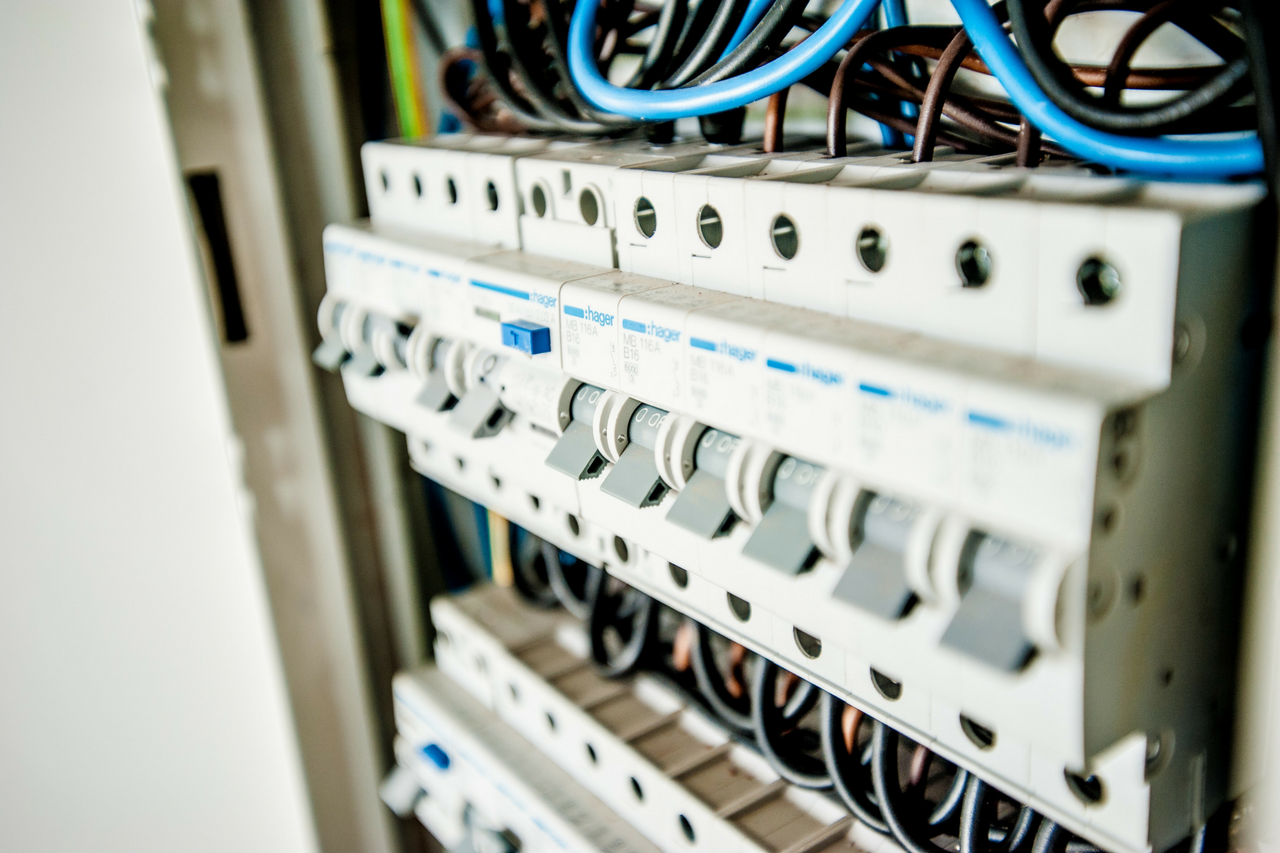July 19, 2025
Are you tired of dealing with electrical problems in your home or workplace? Look no further! This practical guide will equip you with the knowledge and skills to identify and address common electrical issues. From faulty wiring to overloaded circuits, malfunctioning switches to flickering lights, we've got you covered. You'll learn how to diagnose and troubleshoot these problems on your own, using simple tools and techniques. And if things get too complex or hazardous, we'll help you recognize when it's time to call in a professional electrician. Safety is our top priority, so we'll also provide tips on how to ensure your well-being while working with electricity. With preventive measures and maintenance tips, you'll be able to minimise the risk of future electrical issues. And for those who prefer online resources, we'll point you in the direction of reliable websites, video tutorials, and forums to seek advice from experts. Get ready to take charge of your electrical problems and become a DIY electrical troubleshooter!

Credits: easyac.net
When it comes to finding electrical problems, one of the most common issues is faulty wiring. This can lead to a range of safety hazards and should be addressed immediately. Look for signs such as flickering lights, burning smells, or outlets that feel warm to the touch.
Another frequent problem is overloaded circuits, which can cause tripped breakers or blown fuses. This often occurs when too many appliances are plugged into a single circuit. To prevent this issue, consider installing additional outlets or redistributing your electrical load.
Lastly, malfunctioning switches and outlets can indicate underlying electrical issues. If you notice any sparks when using switches or if your outlets stop working intermittently, it's essential to investigate further. These problems could be caused by loose connections or damaged components.

Credits: thespruce.com
When it comes to tackling electrical problems in your home, there are a few key steps you can take to diagnose the issue yourself. One of the first things to check for is tripped circuit breakers. Sometimes a simple reset is all it takes to solve the problem and get your power back up and running.
Another important aspect of DIY electrical issue diagnosis is testing gfci outlets. These outlets are designed to protect against electric shock, so if they are not functioning properly, it could indicate a larger problem with your electrical system. By testing these outlets regularly, you can catch potential issues before they become major problems.
Finally, don't overlook the importance of inspecting light switches and fixtures. Loose connections or faulty wiring can lead to flickering lights or even sparks, so taking the time to thoroughly inspect these components can help identify and resolve any electrical issues in your home.

Credits: detailelectrical.com.au
If you notice flickering lights, frequent tripped circuits, or burning smells coming from your outlets, it's crucial to call a professional electrician. These signs could indicate complex electrical issues that require immediate attention before they escalate into more significant problems.
Safety should always be the top priority when dealing with electrical systems. If you experience shocks or sparks when using an appliance or plugging in devices, it's essential to seek help from a licensed electrician. Ignoring these warning signs can lead to serious safety hazards for you and your family.
Hiring a licensed electrician comes with many benefits, including expertise in diagnosing and solving electrical problems efficiently. They have the knowledge and tools necessary to ensure that the repairs are done correctly and safely, giving you peace of mind knowing that your home is in good hands.
Flickering lights, burning odours, and sparks from outlets may sound like scenes from a suspenseful movie, but in the world of electrical systems, these are warning signs that should not be ignored. Flickering lights could indicate loose wiring or overloaded circuits. Burning odours may signal overheating or faulty connections. And sparks from outlets are a clear indication of potential trouble that needs immediate attention.
These warning signs are your electrical system's way of trying to get your attention before a major problem occurs. Ignoring them can lead to serious safety hazards and costly repairs down the line. By understanding and recognizing these signs early on, you can take proactive measures to address any issues before they escalate into something more severe.
So next time you notice flickering lights or catch a whiff of burning odour, don't dismiss it as just another quirk of your home – take it as an opportunity to investigate and potentially prevent an electrical disaster. Being aware of these warning signs is the first step in ensuring the safety and reliability of your electrical system.
Regular inspection of electrical panels is crucial to ensure the safety and efficiency of your electrical system. By keeping an eye on your panels, you can catch any potential issues early and prevent costly repairs down the line. Plus, it gives you peace of mind knowing that everything is in working order.
Don't overlook the importance of cleaning outlets and switches! Dust and dirt build-up can not only affect their performance but also pose a fire hazard. Take the time to regularly clean these areas to maintain optimal functionality and reduce the risk of electrical problems.
Testing smoke alarms and carbon monoxide detectors should be a top priority in your electrical maintenance routine. These devices are essential for keeping your home safe from potential hazards. Make sure they are functioning properly by testing them regularly and replacing batteries as needed.
When it comes to finding electrical problems, having the right tools at your disposal is crucial. One of the most essential tools for troubleshooting electrical issues is a multimeter. This versatile device can measure voltage, current, and resistance, making it indispensable for diagnosing a wide range of electrical problems.
Another handy tool for identifying electrical issues is a voltage tester. This simple yet effective device allows you to quickly determine whether a circuit is live or not, helping you pinpoint potential trouble spots with ease. Additionally, a wire tracer and tone generator can be invaluable for tracing wires and locating hidden or hard-to-find connections that may be causing issues.
By utilising these tools effectively, you can streamline the process of finding and resolving electrical problems in no time. With their help, you'll have the confidence to tackle any issue that comes your way and ensure that your electrical systems are running smoothly.
Before starting any diagnosis of electrical problems, it is absolutely crucial to ensure safety measures are in place. The first step is to turn off the power supply to the area where you will be working. This eliminates the risk of electrocution and allows you to work on the problem without any danger. Always double-check that the power is indeed off before proceeding.
In addition to cutting off the power supply, using personal protective equipment (PPE) is a must. This includes wearing insulated gloves, safety goggles, and non-conductive footwear. These items provide an extra layer of protection against electric shocks and other potential hazards during your diagnostic work. It's better to be safe than sorry when dealing with electricity!
Lastly, never hesitate to ask for assistance from a buddy when diagnosing electrical issues. Having someone else present can be a lifesaver in case of emergencies or accidents. They can also offer valuable input and help troubleshoot more effectively. Remember, teamwork ensures not only your safety but also increases the chances of successfully finding and fixing electrical problems.
Let's face it, dealing with electrical problems can be a real headache. But fear not, there are simple preventive measures you can take to avoid these issues altogether! One of the best ways to prevent electrical problems is by ensuring proper cord and wire management. This means avoiding tangled cords and cables, as well as making sure they are not pinched or frayed.
Another important step in preventing electrical issues is to avoid overloading circuits. When too many devices are plugged into a single outlet or circuit, it can lead to overheating and potential fire hazards. Be mindful of how much power each outlet can handle, and use power strips or surge protectors when necessary.
Last but not least, regular professional electrical inspections are crucial for identifying potential problems before they escalate. A certified electrician can detect faulty wiring, outdated components, and other issues that may pose a risk in the long run. By staying proactive with these preventive measures, you can save yourself from the stress and inconvenience of dealing with unexpected electrical problems.
When it comes to finding electrical problems, the internet is a goldmine of helpful resources. There are reliable websites dedicated to electrical troubleshooting that provide step-by-step guides and tips for identifying and solving common issues. Whether you're dealing with faulty outlets or flickering lights, these online platforms offer valuable insights and solutions.
Video tutorials are another fantastic resource for DIY enthusiasts looking to tackle electrical problems on their own. From basic wiring techniques to advanced circuit troubleshooting, these videos cover a wide range of topics in an easy-to-follow format. You can watch experienced electricians demonstrate practical solutions to various issues, giving you the confidence to take on your own electrical projects.
Forums also play a crucial role in providing support and guidance for those seeking help with electrical problems. These platforms allow users to ask questions, share experiences, and receive advice from industry experts and fellow DIYers. It's a great way to connect with others who have faced similar challenges and learn from their firsthand knowledge.
At EA Electrics, we understand the importance of reliable and professional electrical services for local residents and businesses in South West Sydney. Our team of trusted electricians is dedicated to providing high-quality electrical solutions, from installations to repairs and maintenance. With years of experience in the industry, we guarantee efficient and safe electrical work that meets your specific needs. Whether you require residential, commercial, or industrial electrical services, we are committed to delivering exceptional results and ensuring customer satisfaction. Trust EA Electrics for all your electrical needs in South West Sydney.
Common electrical problems in homes include flickering lights, frequent circuit breaker tripping, electrical shocks, and power outages.
You can identify an electrical problem in your home by looking for signs such as dimming or flickering lights, burning smells, buzzing sounds, warm outlets or switches, and frequently tripped circuit breakers.
It is not recommended to fix electrical problems in your home by yourself unless you are a trained and licensed electrician. Working with electricity can be dangerous, and it's best to hire a professional to ensure safety and proper repairs.
The cost of hiring an electrician to fix electrical problems can vary depending on the complexity of the issue, the location, and the electrician's rates. It is best to contact local electricians for quotes and estimates.
If you experience an electrical emergency such as a sparking outlet, electrical fire, or power outage, it is important to prioritise your safety. Turn off the power at the main breaker if possible and call an emergency electrician immediately.
Learn how to identify and diagnose common electrical problems, when to call a professional, understanding warning signs, maintenance tips, and tools for troubleshooting. Ensure safety during diagnosis, take preventive measures, and find online resources for DIY solutions.